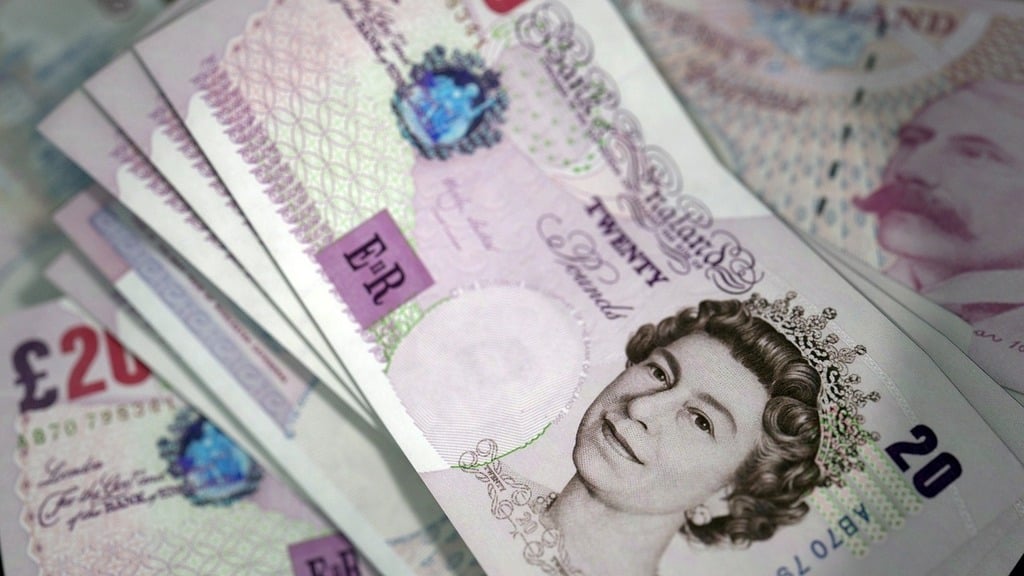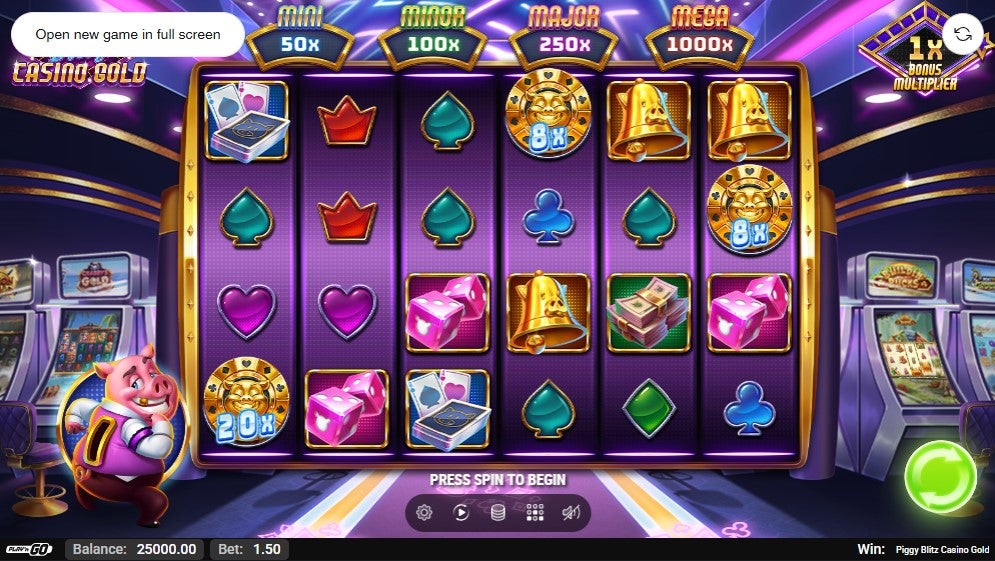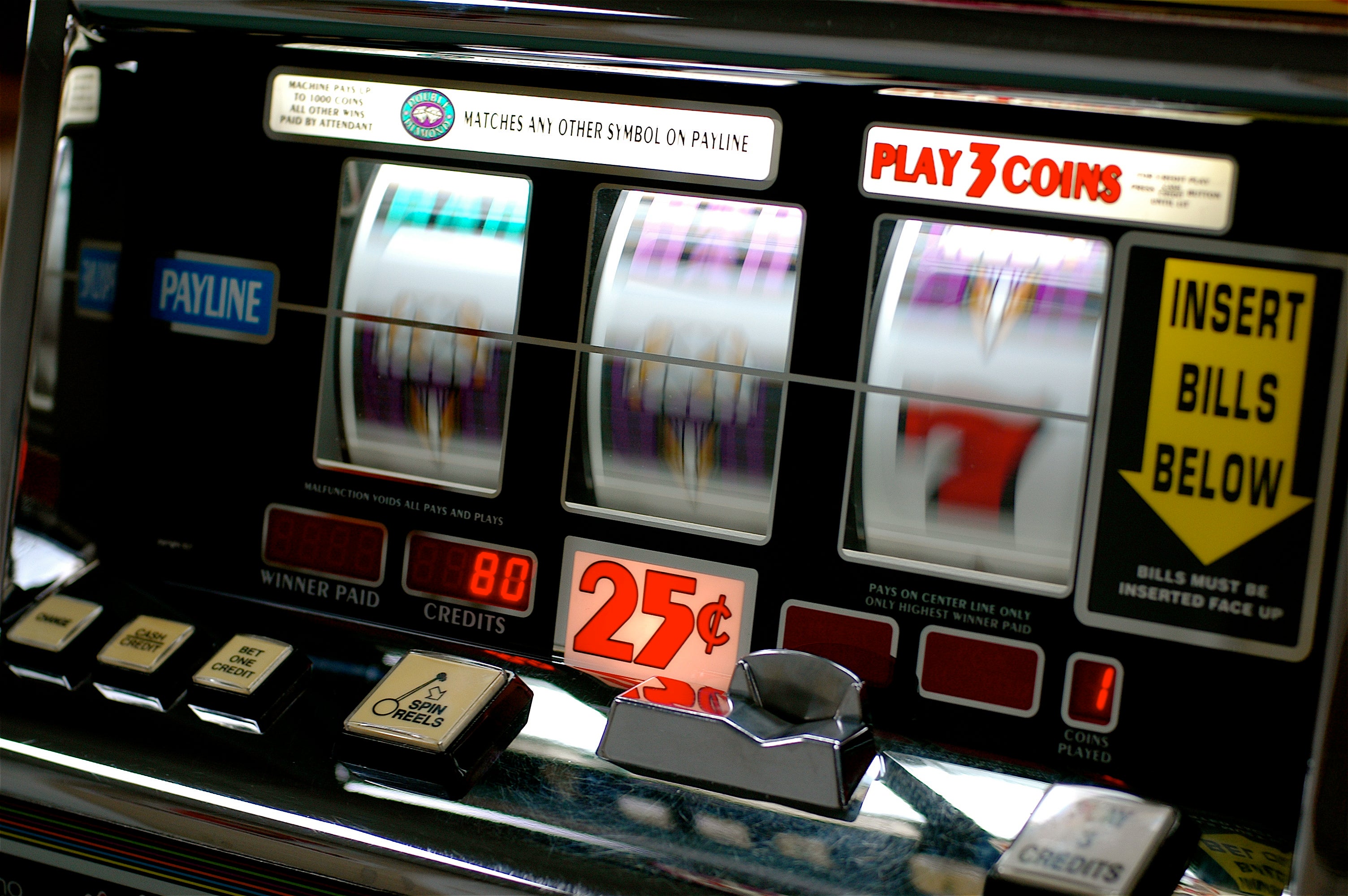A breakthrough discovery?
Casino companies are calculated – that much was known. However, the researchers’ study shows that their attention to detail extends all the way to the choice of background lighting.
Typically, people have a strong tendency to avoid losses, often outweighing potential gains in their decision-making,” lead author Dr. Alicia Lander said in the study, which was published in Scientific Reports. “However, under blue-enriched light, which stimulates non-visual circadian photoreceptors, they demonstrated a reduced sensitivity to financial losses that may influence gambling tendencies, potentially encouraging riskier behaviors.”
Lander added that under normal lighting, participants felt the impact of a $100 loss more than a $100 gain.
However, that mentality changed once blue light was increased. The $100 loss didn’t feel as bad, which led to riskier behaviors.
The findings were based on a controlled experiment in which 15 young adults—10 men and five women—aged 18-27 gambled in differently-lit environments. The brightness was the same in each, but the color was changed.
“Under light with more blue wavelengths, people may be less able to accurately judge risk and reward due to a decreased cognitive sensitivity to loss,” FHMRI circadian biologist Sean Cain added. “Our study provides new insights into how light influences decision-making in financial risk scenarios and raises important ethical considerations.”
Is blue light part of irresponsible gambling?
Notably, the 15-person sample size is small and cannot be used to assume a trend across large populations.
However, it provides a basis for how human brains may be influenced by different colored lights inside legal casinos and other venues. Researchers highlighted the “reliability in the model estimates” from their study.
The findings could have major impacts in the casino community. On one hand, they could put operators on notice and incentivize them to increase the amount of blue light inside their facilities. Many casinos already removed windows and kept temperatures relatively low to ensure their customers were awake and encouraged to stay longer.
On the other hand, the information could be used by responsible gaming groups and programs to ensure that customers aren’t manipulated into spending money they wouldn’t be conscious of.
“While encouraging risk taking might be good for the gambling business, it’s not good for the patrons spending their cash,” the study stated.


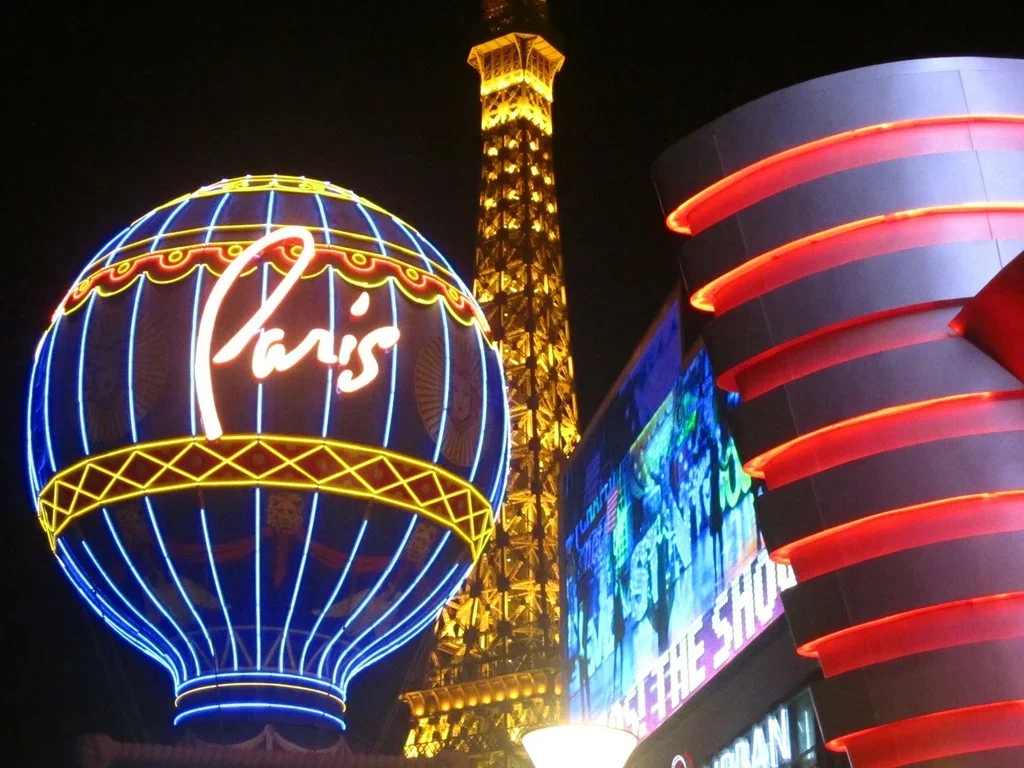


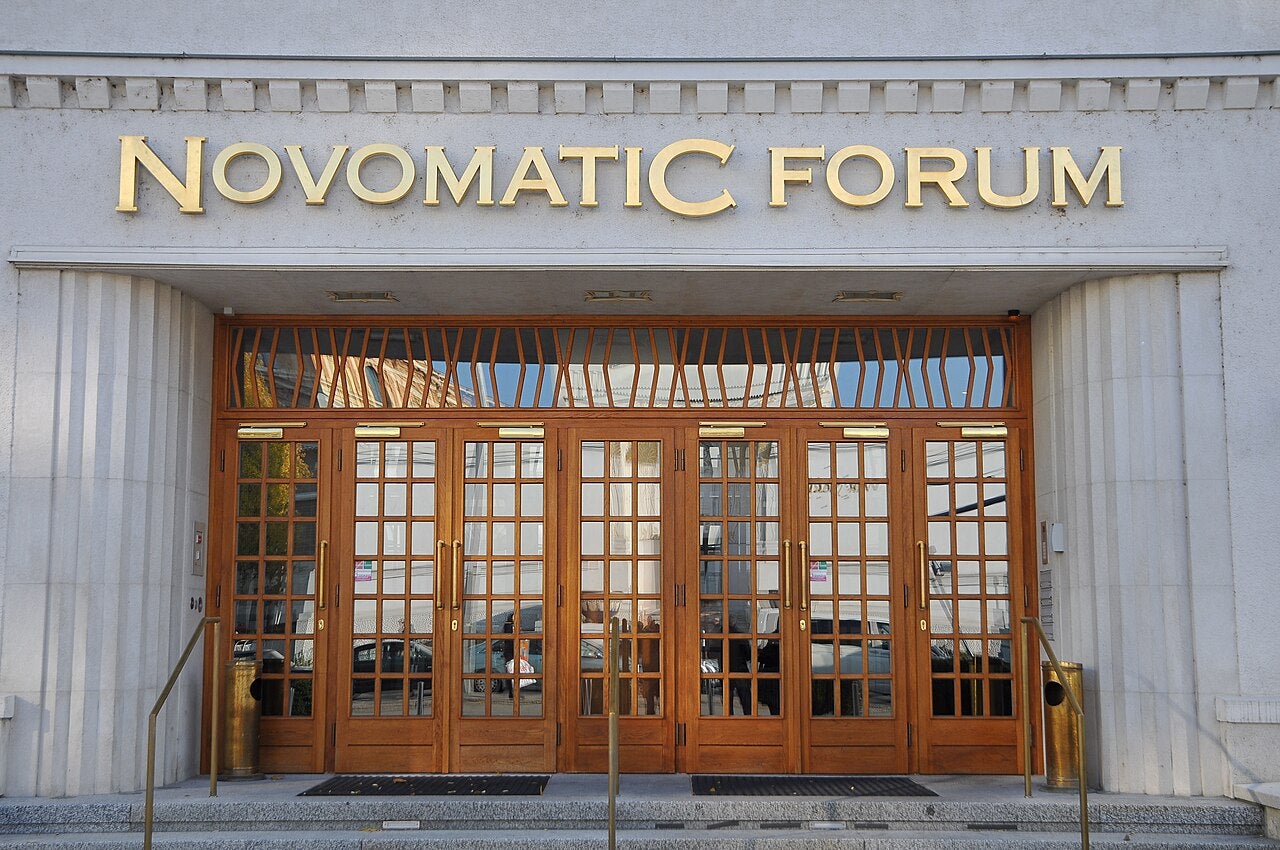



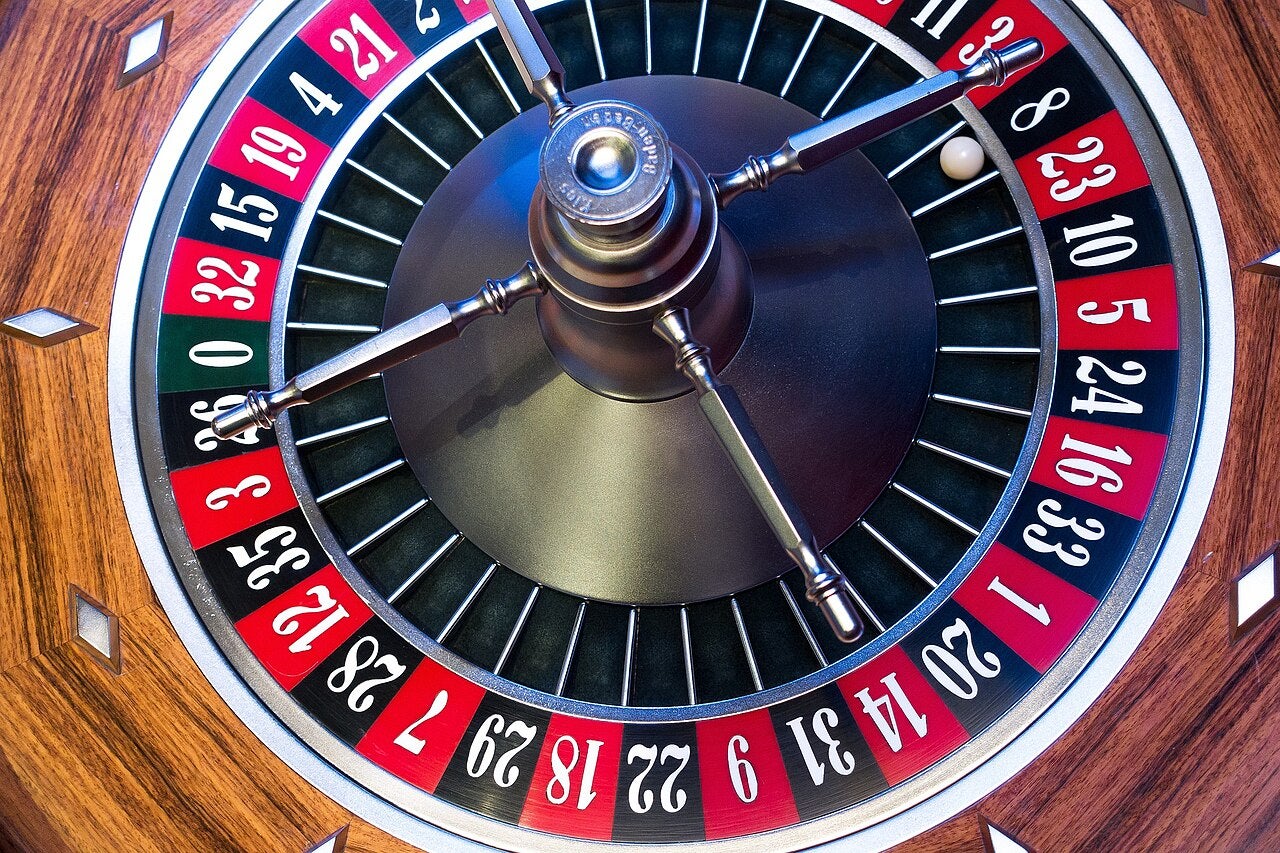
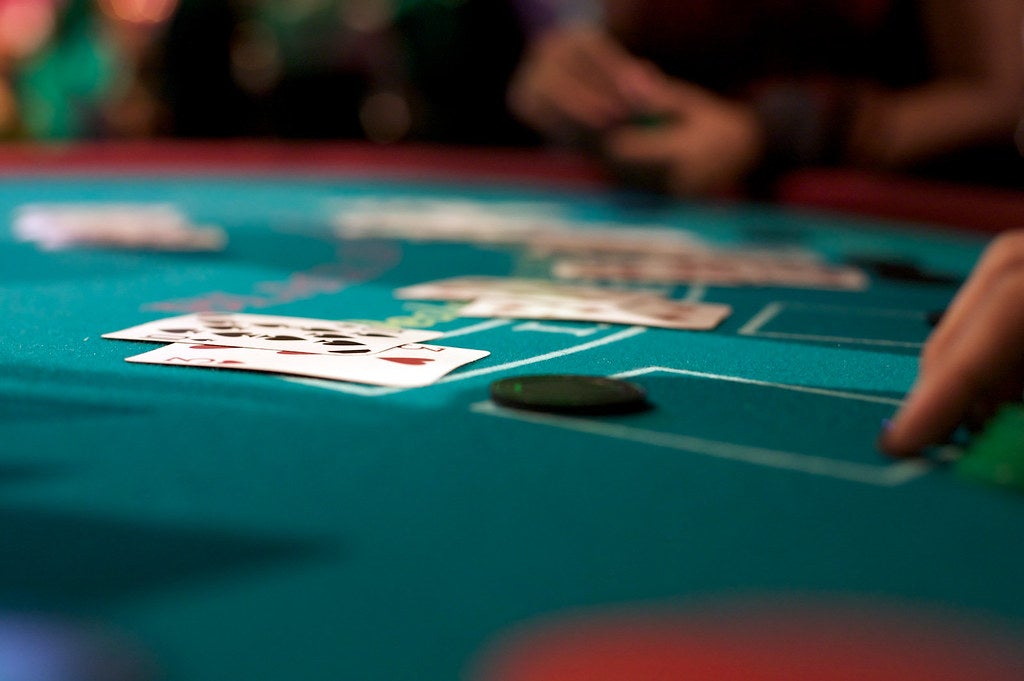

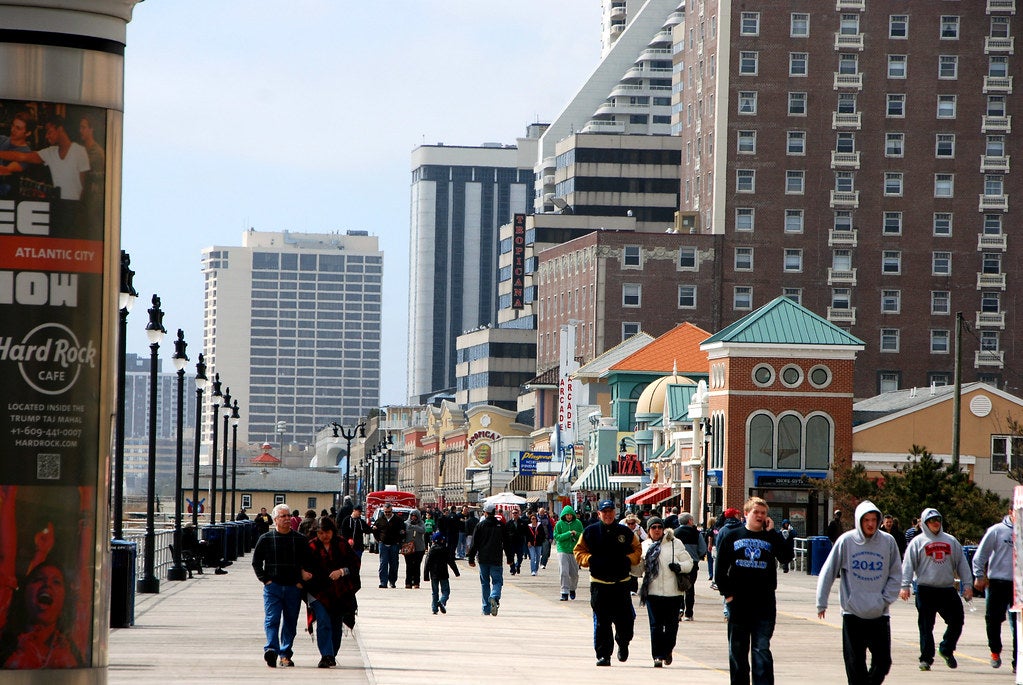



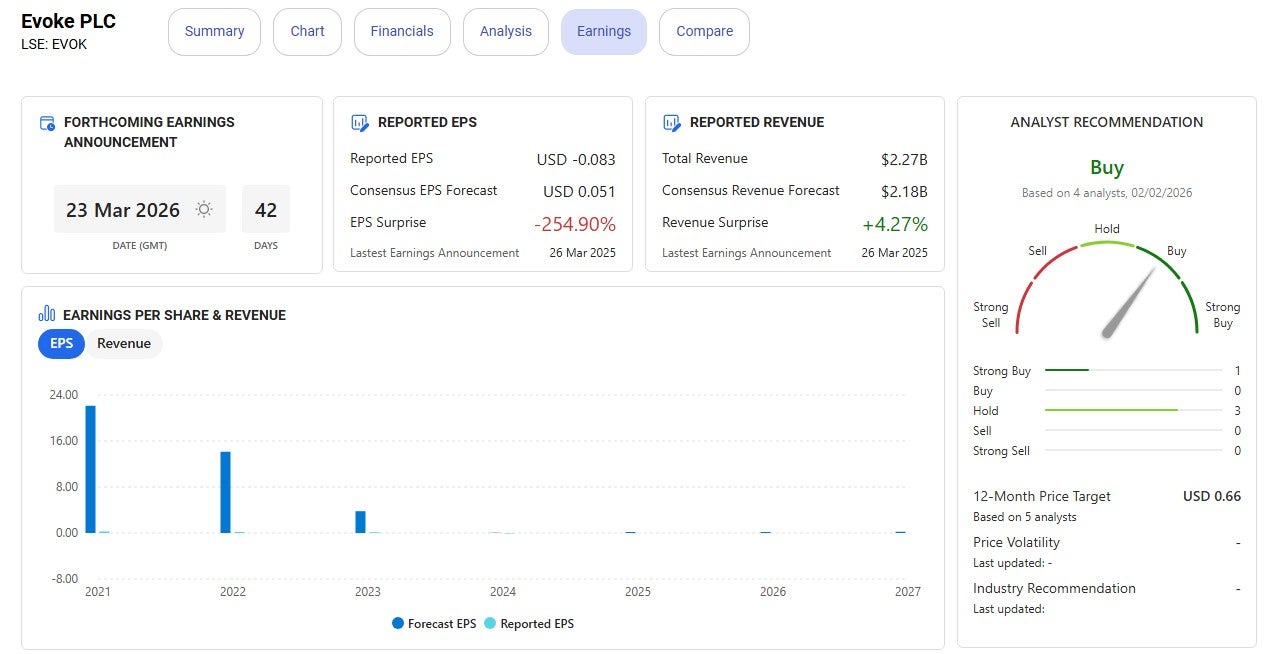

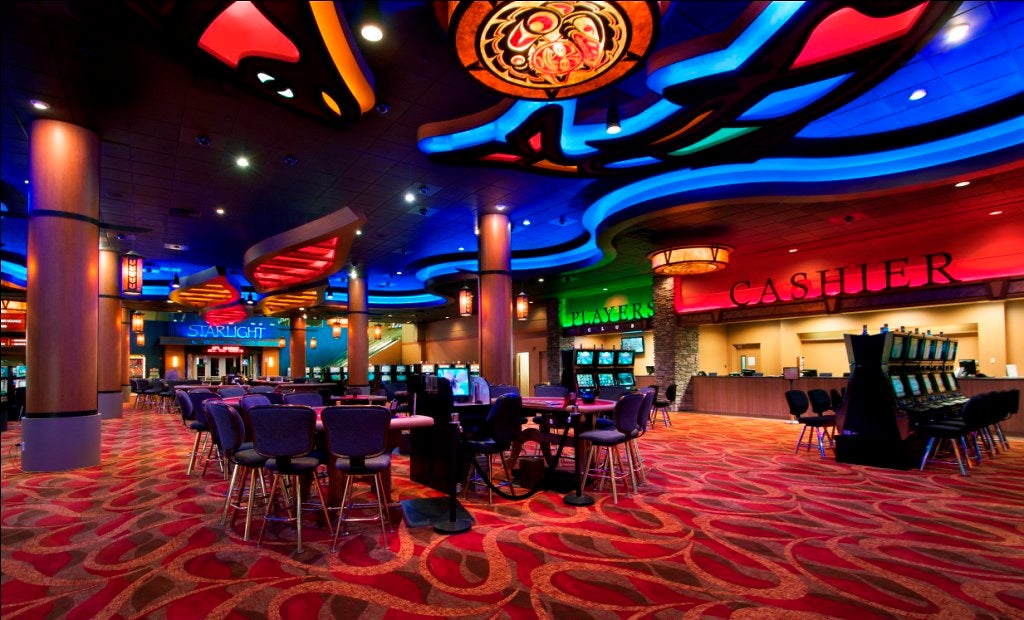
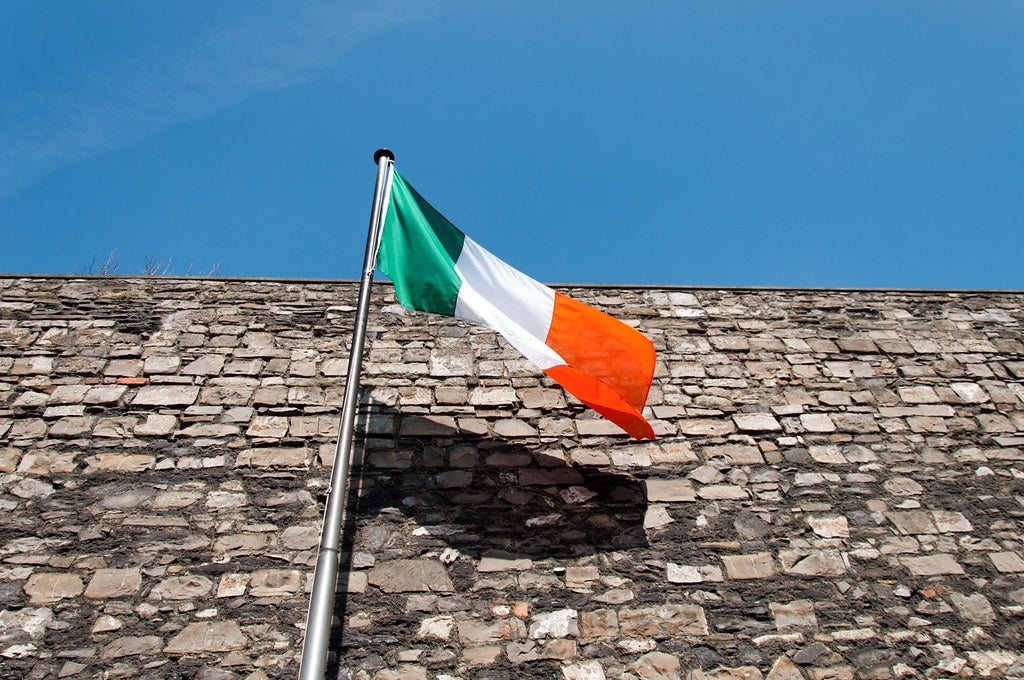



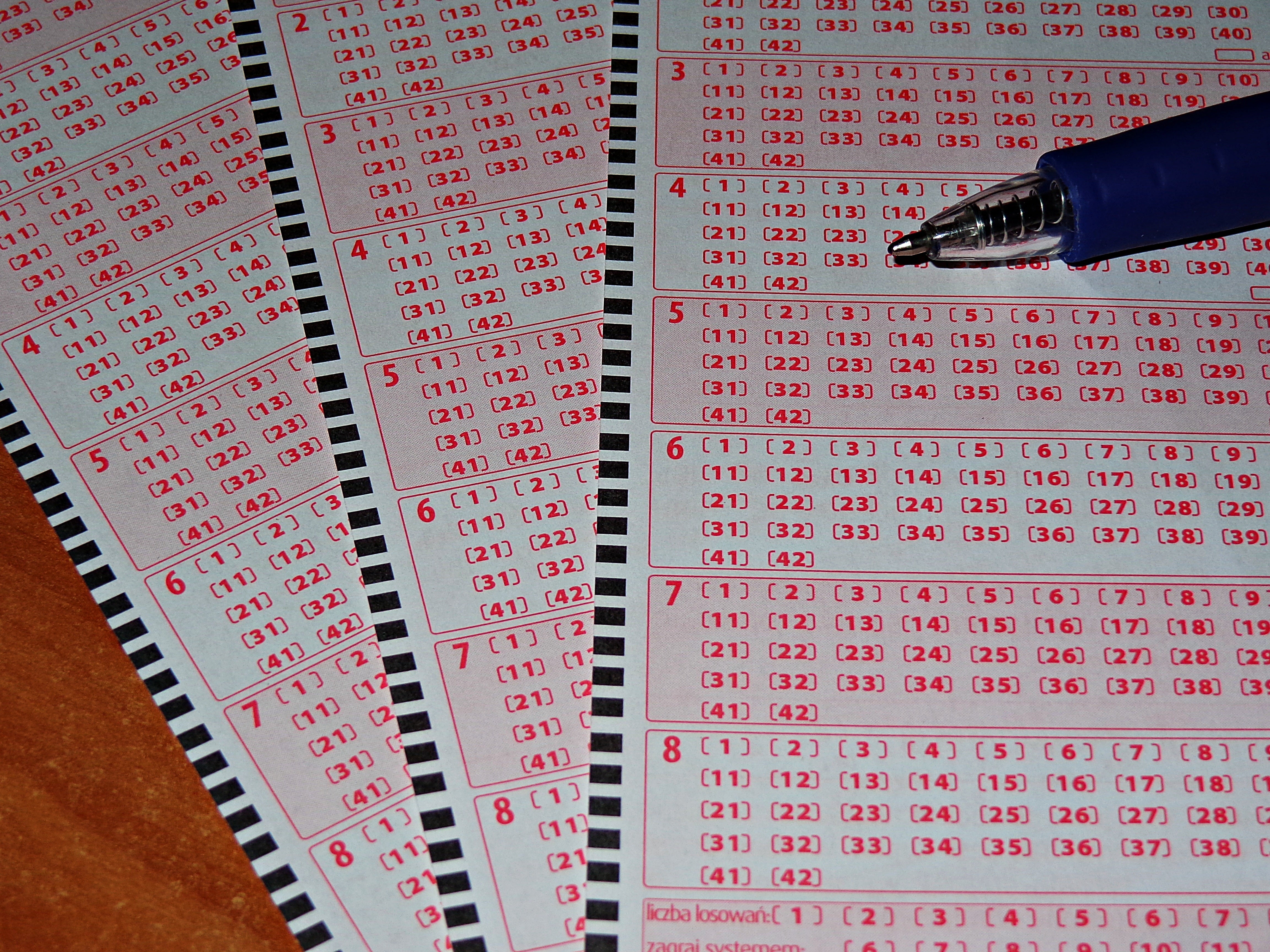
.jpg)


